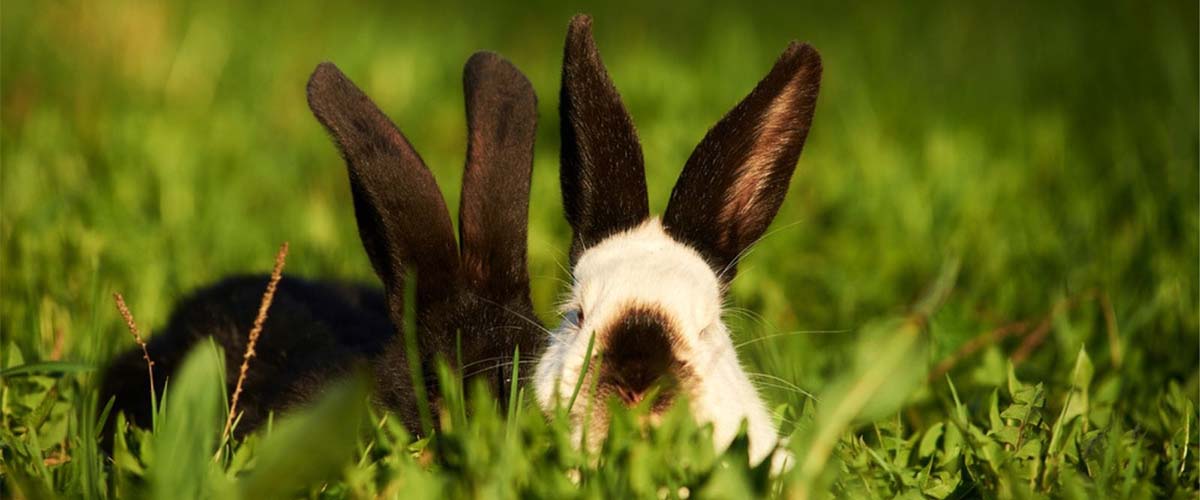Myxomatosis in rabbits
Overview
- Myxomatosis is a severe disease that affects rabbits.
- It’s caused by a virus that attacks the eyes, skin, lungs, liver and genitals.
- Sadly, there is no cure for myxomatosis and it’s often fatal.
- Myxomatosis spreads via wild rabbits, mosquitos and fleas – the best way to prevent it is by vaccination.
What is myxomatosis?
Myxomatosis is a severe disease (caused by a virus) that affects rabbits. It damages multiple areas of the body such as the skin, eyes, lungs, liver, genitals, and puts infected rabbits at a high risk of catching other nasty infections. Myxomatosis spreads via wild rabbits, mosquitos and fleas, and once caught, is nearly always fatal.
Vaccinating your rabbits is the best way to protect them against myxomatosis.
Symptoms
Symptoms of myxomatosis include:
- Swelling around the eyes, face, ears and genitals
- Weepy eyes (milky)
- A runny nose
- Skin lumps, ulcers and scabs on the face and body
- Low energy (lethargy)
- Difficulty eating or drinking
- Breathing problems.
- Hot to touch (high temperature/fever)
Rabbits that have been vaccinated against myxomatosis often have much milder signs, such as skin lumps and scabs on the face.

A rabbit with myxomatosis.
When to contact your vet
Contact your vet for an emergency appointment if you suspect your rabbit has myxomatosis, or if they are showing any of the symptoms above. You know your rabbit best. If they don’t have the symptoms listed above but you are still concerned it’s always best to contact your vet.
Treatment and outlook
If your rabbit catches myxomatosis but is up to date with his/her vaccinations, it’s possible, that with treatment from a vet that they could survive. Unfortunately, unvaccinated rabbits have a much worse outlook and nearly always die if they catch it. To prevent suffering, euthanasia (putting to sleep) is often the kindest option for an unvaccinated rabbit with myxomatosis
Prevention
- Vaccinate your rabbits against myxomatosis every year – read more about rabbit vaccinations on our website.
- Avoid attracting insects to your rabbit’s living space by keeping them clean. This will also reduce the risk of flystrike.
- Cover your rabbit’s living space with mosquito netting if necessary.
- Speak to your vet for advice on the best flea protection for your rabbits, and make sure any other pets in your household are also up to date.
- Keep your pet rabbits away from wild rabbits by rabbit proofing your garden or double fencing their living space.
- Any new rabbits should be vaccinated at least three weeks before they meet your existing rabbits.
- The myxomatosis virus can live for a long time on surfaces such as food bowls, water bottles and a hutch so never re-use items from a rabbit that has had myxomatosis.
Published: April 2020
Did you find this page useful?
Tell us more
Please note, our vets and nurses are unable to respond to questions via this form. If you are concerned about your pet’s health, please contact your vet directly.
Thank you for your feedback
Want to hear more about PDSA and get pet care tips from our vet experts?
Sign up to our e-newsletter
Written by vets and vet nurses. This advice is for UK pets only. Illustrations by Samantha Elmhurst.

